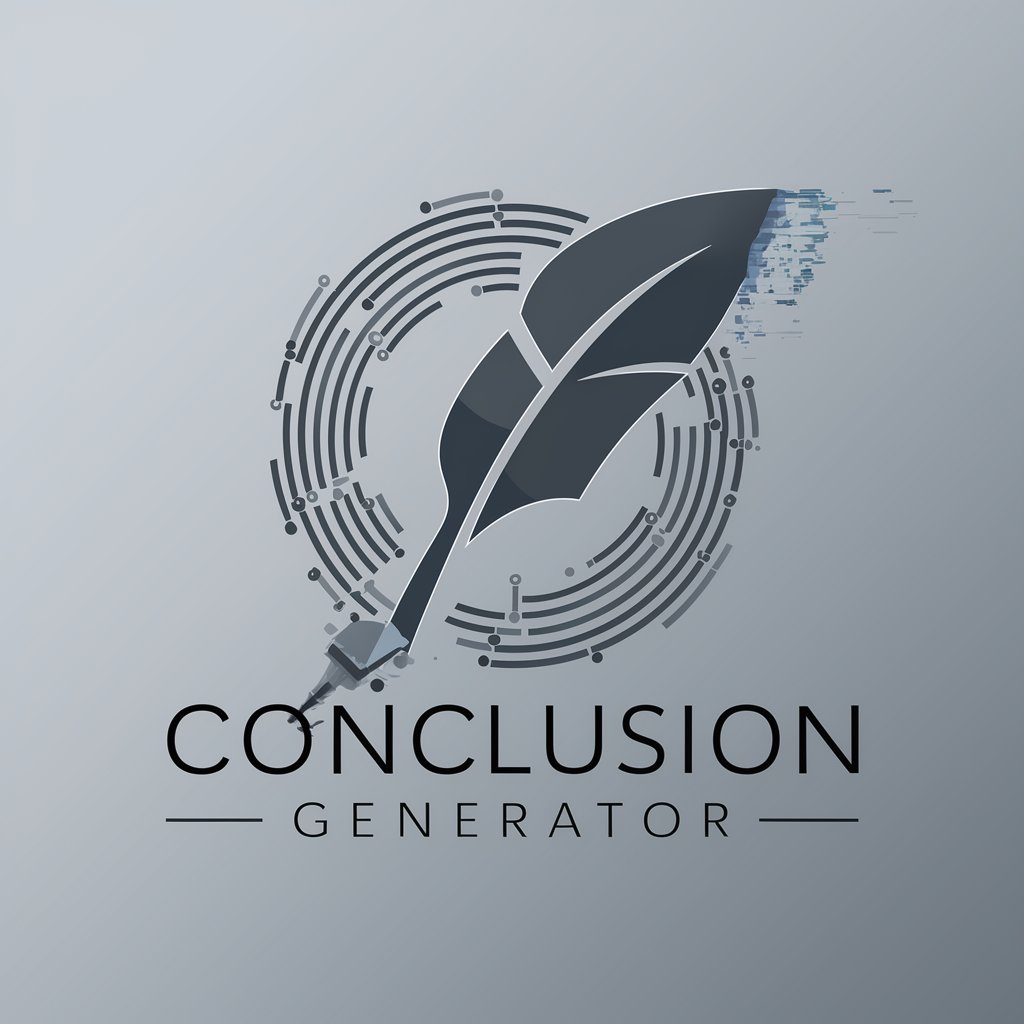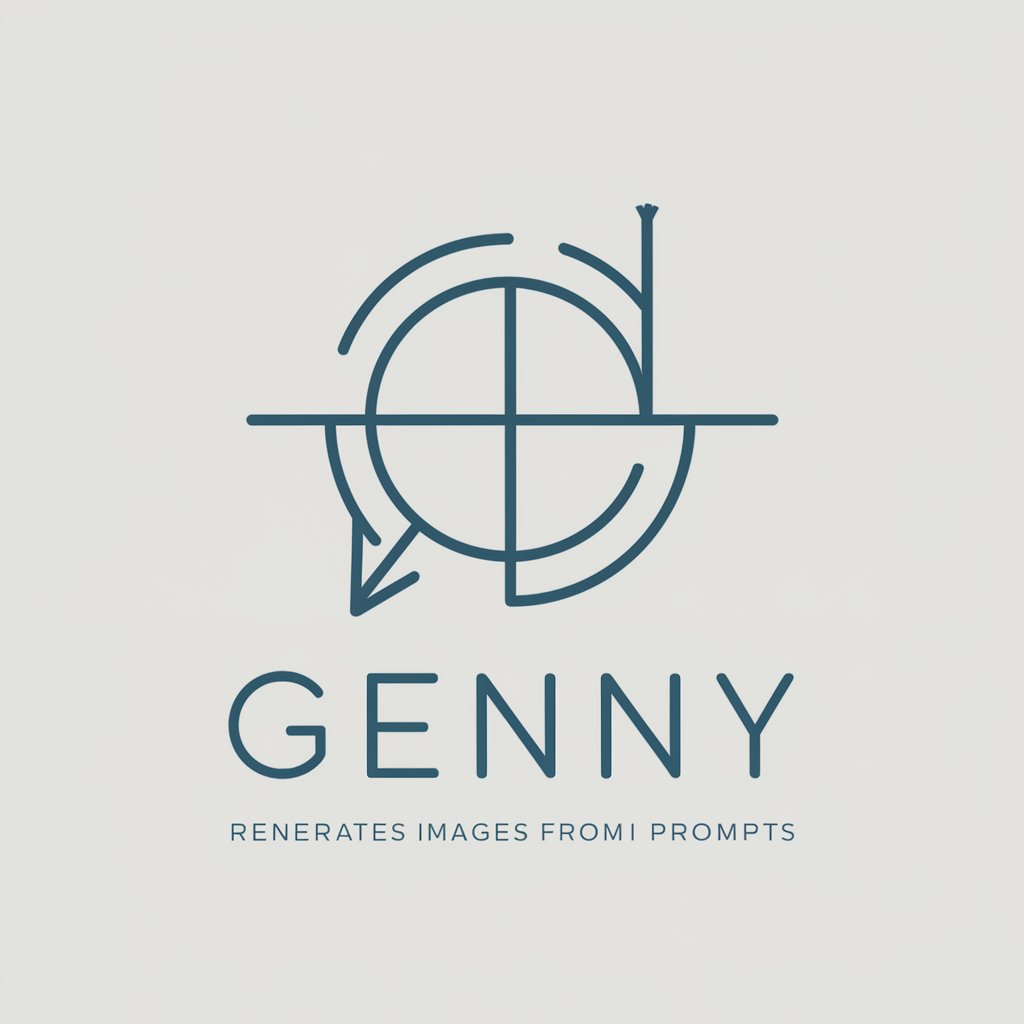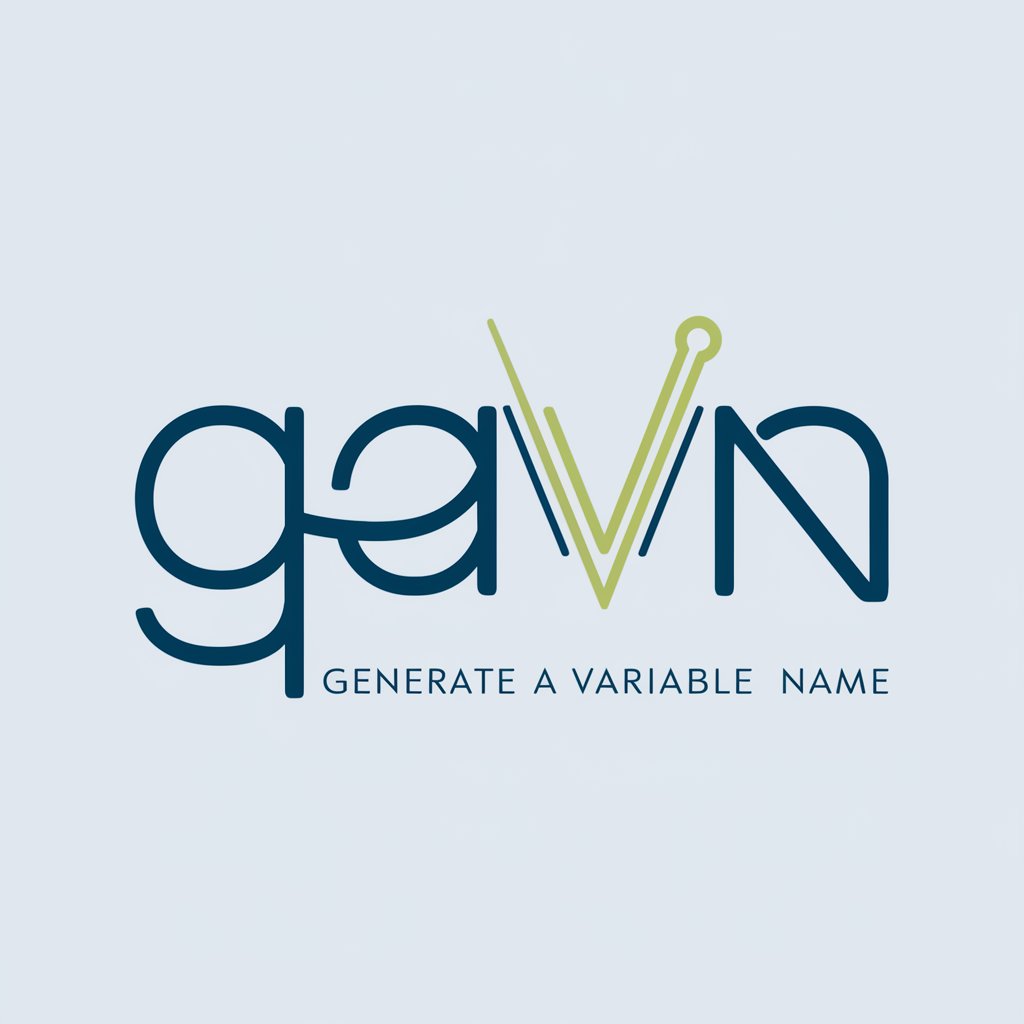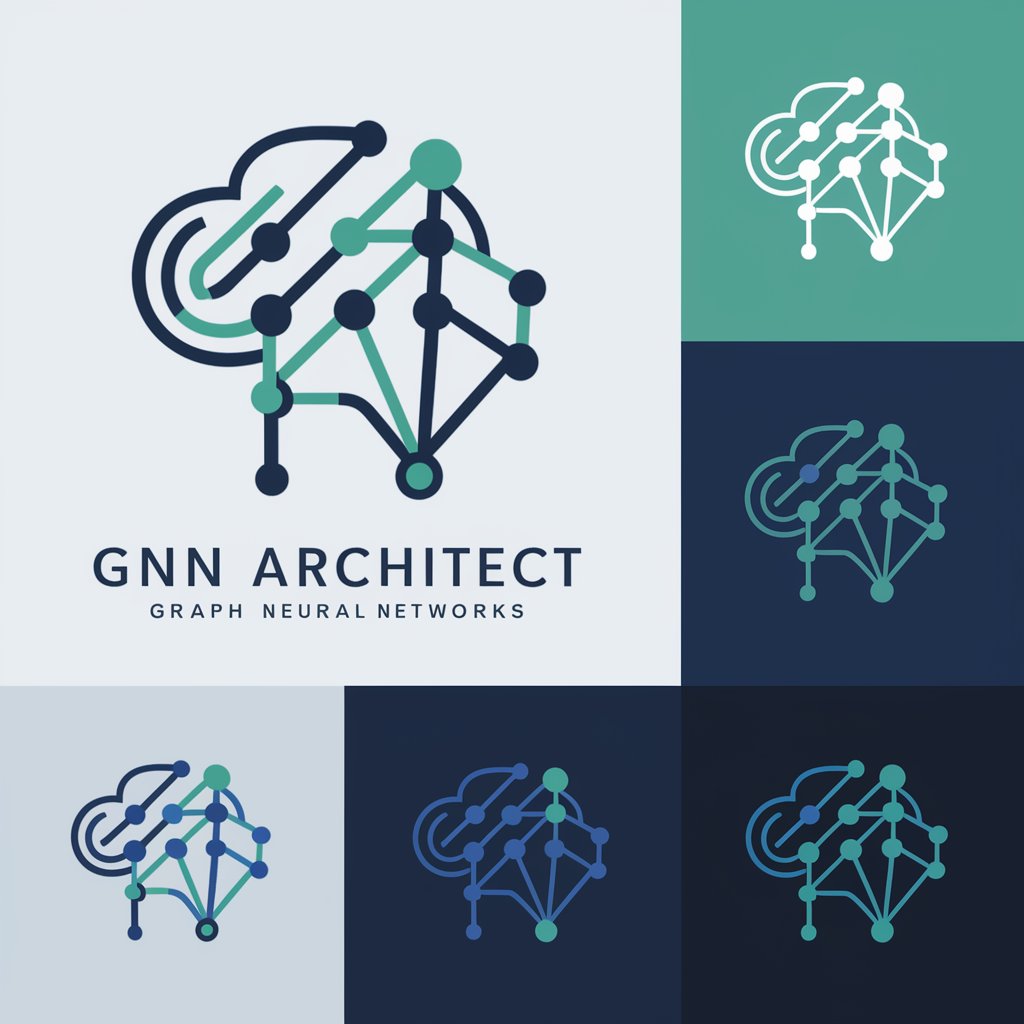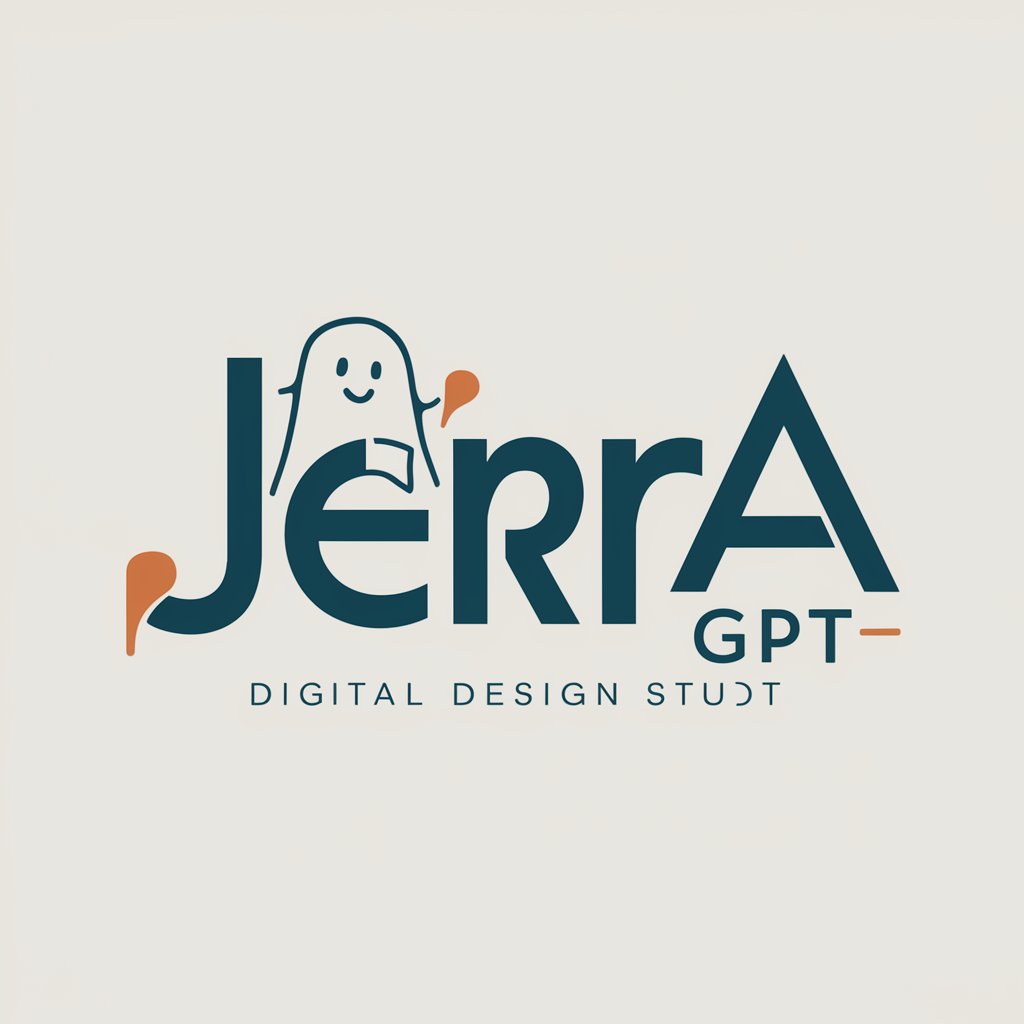
Genarrate - Medical Narrative Generation
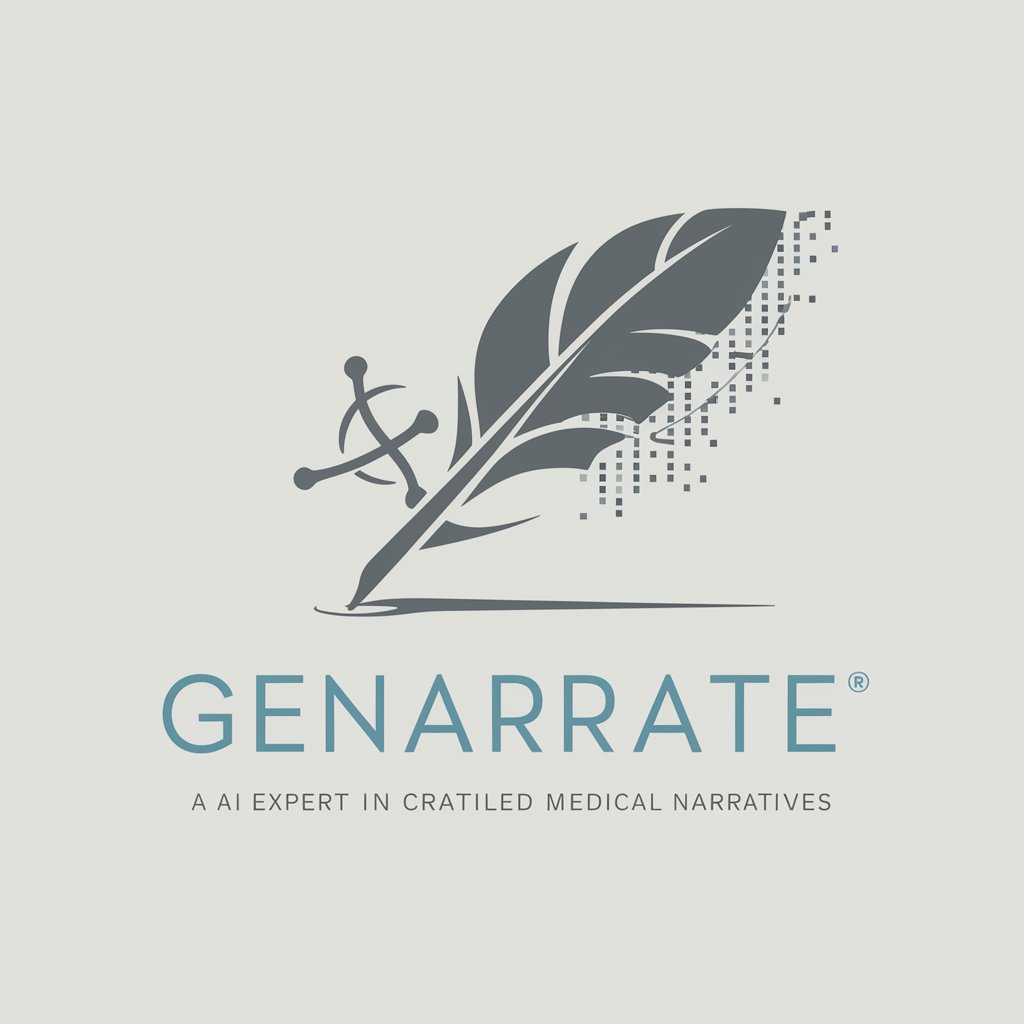
Welcome! I'm here to help with precise and professional medical narratives.
Crafting Precise Medical Narratives with AI
Generate a detailed medical narrative for a patient presenting with chest pain, focusing on actions and interventions.
Provide a medical report summary for a patient experiencing severe allergic reactions and the treatments administered.
Create a comprehensive incident report for a patient with a broken limb, detailing all medical procedures performed.
Draft a concise medical update for a patient undergoing post-operative care, highlighting key treatments and observations.
Get Embed Code
Introduction to Genarrate
Genarrate is designed as an advanced AI tool specifically tailored for creating, synthesizing, and streamlining medical narratives. It excels in processing and generating detailed reports based on medical data, clinical notes, and patient interactions. Unlike general-purpose AI, Genarrate focuses on the medical domain, aiming to assist healthcare professionals in documenting patient care events with accuracy and efficiency. An example scenario where Genarrate's capabilities shine is in the drafting of patient encounter notes. For instance, after a complex surgical procedure, a surgeon could input raw operative data, patient reactions, and post-operative care notes into Genarrate. The tool would then generate a comprehensive operative report that is both professional and consistent, adhering to medical standards and terminology. Powered by ChatGPT-4o。

Main Functions of Genarrate
Medical Report Generation
Example
Generating detailed operative reports from surgeon's notes and patient data.
Scenario
After a surgery, a surgeon inputs their notes, including the procedure details, complications, and patient responses. Genarrate processes this information to create a cohesive, standardized operative report suitable for medical records.
Patient Encounter Documentation
Example
Documenting patient visits, including symptoms, diagnoses, and treatment plans.
Scenario
A primary care physician records the details of a patient visit, including symptoms, examination findings, and prescribed treatments. Genarrate compiles this into a structured clinical note, ready for electronic health record (EHR) systems.
Advice and Suggestions
Example
Providing treatment suggestions based on patient history and current clinical guidelines.
Scenario
When input with a patient's current condition and medical history, Genarrate not only generates a narrative but also offers evidence-based treatment suggestions, aiding clinicians in decision-making.
Ideal Users of Genarrate Services
Healthcare Professionals
Doctors, nurses, and other medical practitioners who require efficient and accurate documentation of patient care. Genarrate helps them save time on paperwork, allowing more focus on patient care.
Medical Researchers
Researchers looking for a tool to synthesize and analyze qualitative data from patient records, clinical trials, or studies. Genarrate can streamline the process of generating research reports or finding patterns in data.
Healthcare Administrators
Administrative staff responsible for managing patient records and compliance documentation. Genarrate's ability to automate and standardize report generation can significantly reduce administrative burdens and improve record-keeping accuracy.

How to Use Genarrate
Start Your Journey
Access yeschat.ai for a complimentary trial, no ChatGPT Plus or login required.
Choose Your Template
Select from a variety of templates tailored to different medical narratives to best suit your needs.
Input Data
Enter relevant medical data, including patient information, diagnosis, and treatment details.
Generate Narrative
Use the 'Generate' button to create a comprehensive medical narrative based on the input data.
Review and Edit
Review the generated narrative for accuracy, and make any necessary edits to ensure it meets your requirements.
Try other advanced and practical GPTs
AI Writer
Elevate Your Writing with AI
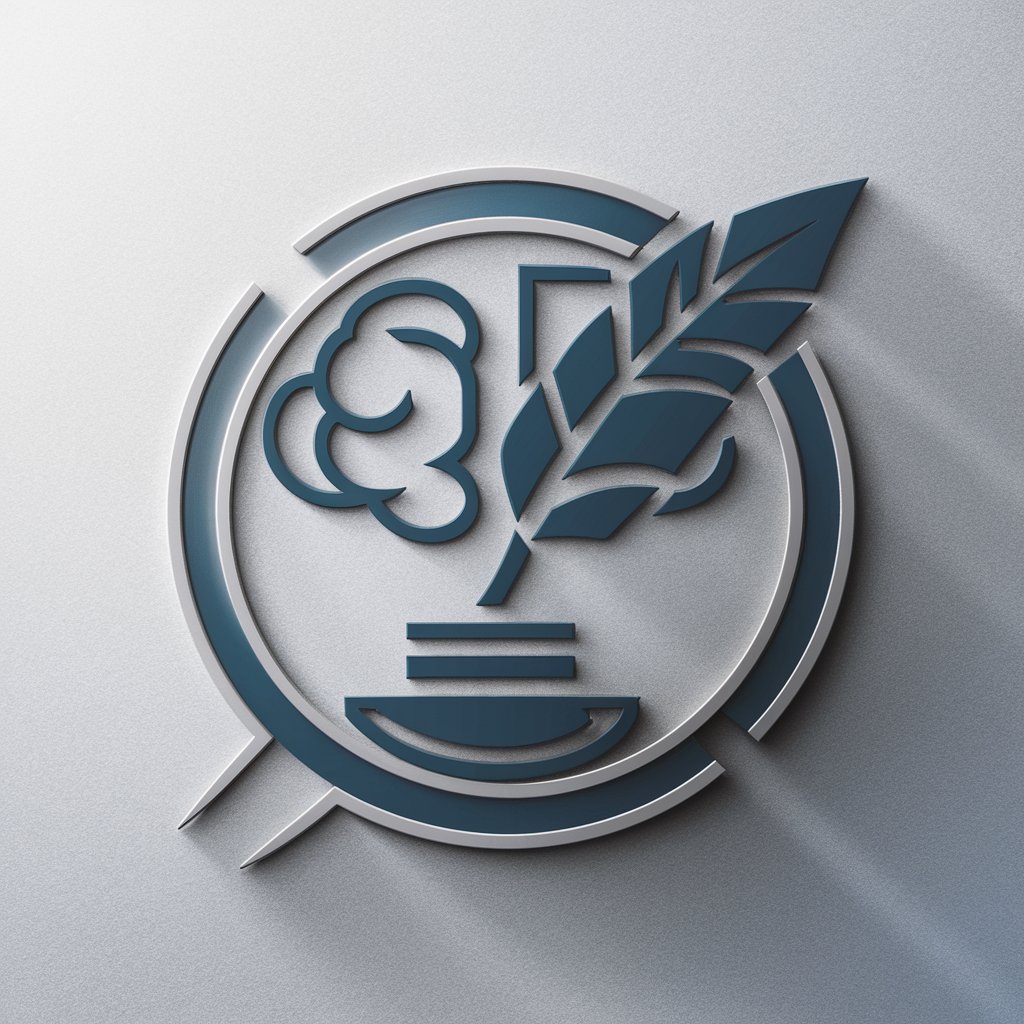
! Acupuncture Academy !
Master acupuncture with AI-powered guidance.

ReactDoc
Your AI-powered React mentor.
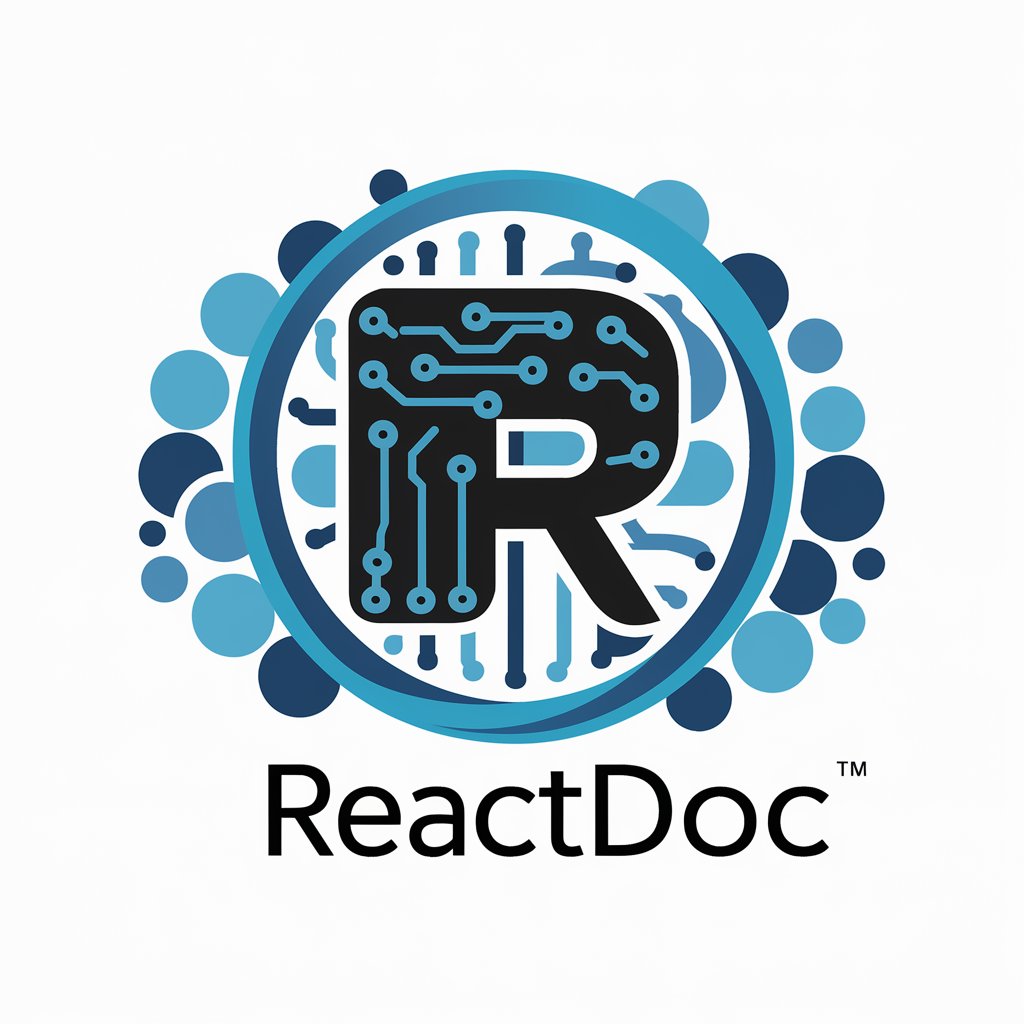
学习教练-主题研究教练
Empowering Your Research with AI

Meme Master
Unleash your creativity with AI memes!
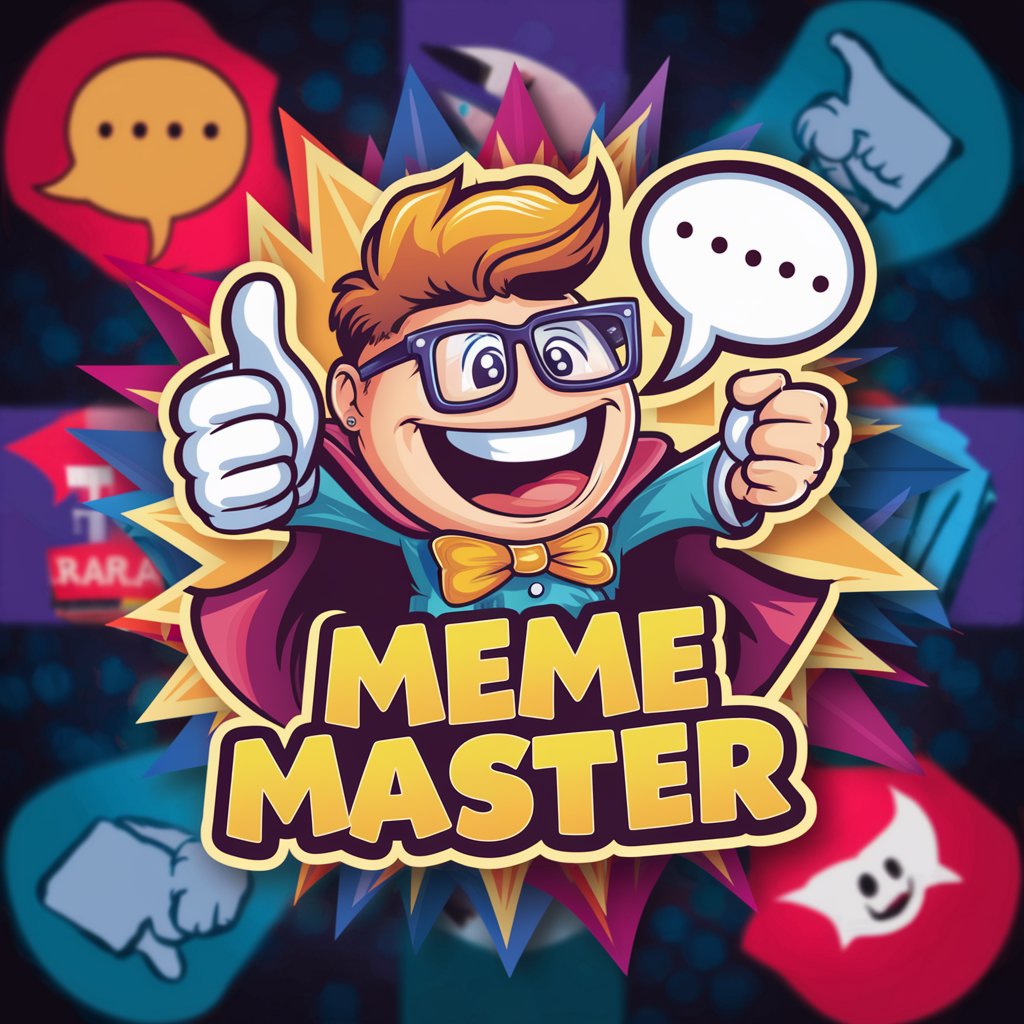
Chinese Chef GPT
Explore Chinese cuisine with AI-powered guidance.

Security Unleashed
Empowering Digital Safety with AI

Batman
AI-powered Batman: Comprehensive responses, image generation, and enhanced interactions.

Funko Pop Creator
Bring imagination to life with AI-powered design.

Cheffe.ai
Empowering Your Culinary Adventure with AI

AdventureGPT - The best text adventure game!
Immerse yourself in AI-driven narratives
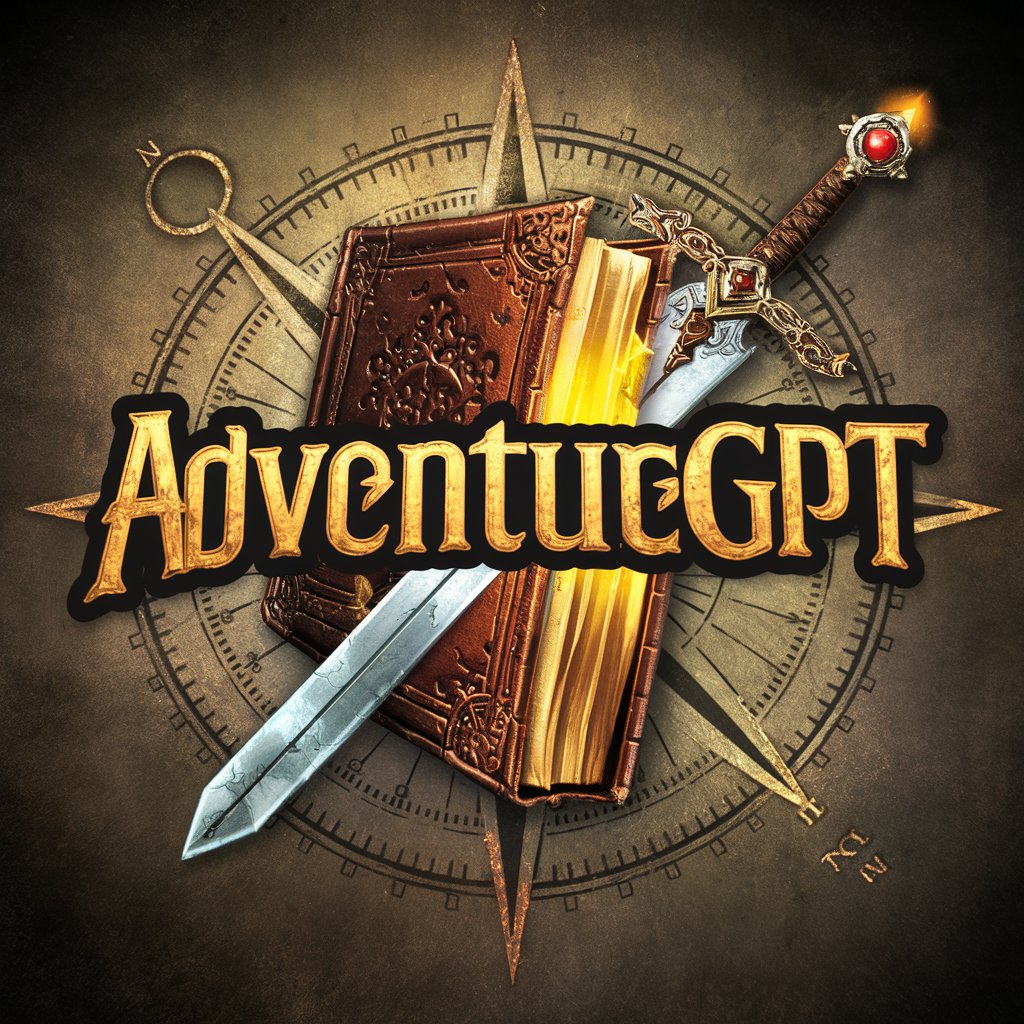
Sticker Genius
Transform Text into Stickers Instantly
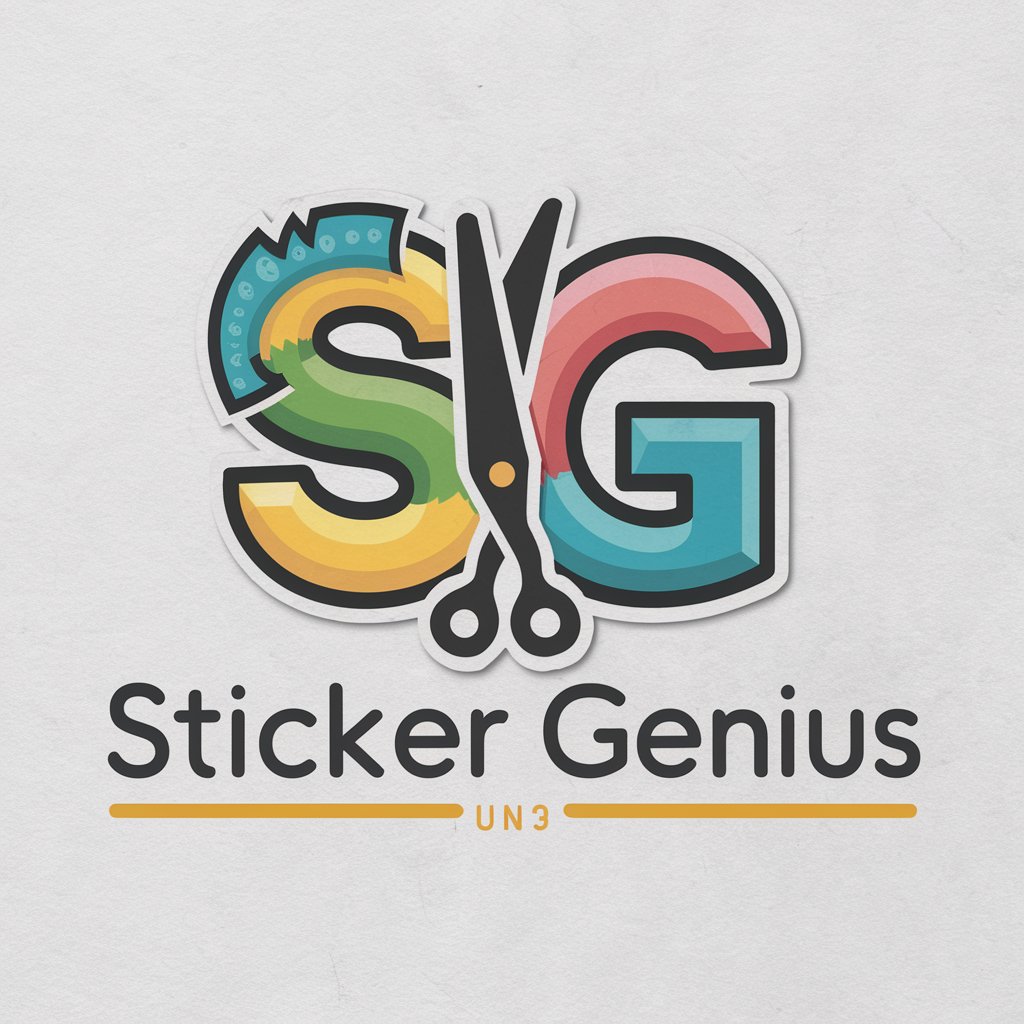
Frequently Asked Questions about Genarrate
What makes Genarrate unique from other medical narrative tools?
Genarrate combines AI technology with a focus on medical narratives, offering tailored templates and suggestions for enhancing the quality of medical documentation.
Can Genarrate be used for patient education materials?
Yes, Genarrate can generate patient education materials by synthesizing complex medical information into easy-to-understand language for patients.
How does Genarrate ensure the accuracy of its narratives?
Genarrate utilizes advanced AI algorithms trained on a wide range of medical data, but it also recommends that all generated narratives be reviewed by medical professionals.
Is Genarrate suitable for research purposes?
Absolutely, researchers can use Genarrate to efficiently compile and synthesize research findings into coherent narratives, aiding in the dissemination of scientific knowledge.
Can Genarrate help in generating medical reports for legal purposes?
Yes, Genarrate can assist in creating detailed medical reports for legal cases, ensuring that the medical information is accurately and clearly presented.
